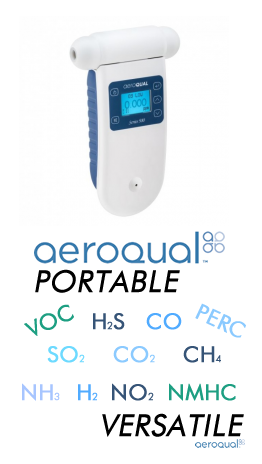Phosphate Information

Phosphate:
|
Other Names |
Phosphate ion |
|
Chemical Formula |
O4P-3 |
|
CAS Number |
14265 – 44 – 2 |
|
Industry Uses |
Chemical Laboratories; Agriculture; Fertilizers |
|
Health Risks |
None |
What is Phosphate:
Phosphorous occurs naturally in rock formations in the earth's crust, usually as phosphate. High phosphate concentrations in surface waters can indicate fertilizer runoff, domestic waste discharge, or the presence of industrial effluents or detergents. Usually phosphates from these sources are poly-phosphates or organically bound; they will all degrade to reactive phosphates.
Phosphate Exposure and Health Risks:
Phosphate does not have any notable health risks to humans, but excess levels of phosphate and phosphorous are known to have a negative impact on ecosystems by damaging the health of rivers and lakes, which is known as eutrophication.
Regulations:
There are no listed restrictions or regulations on the concentration of phosphate in water.
Measuring Phosphate:
Dissolved Phosphate concentration in water can be measured in units of parts per million (ppm). Phosphate measurement is used to control scale and corrosion inhibitor levels in boilers and cooling towers. We carry instrumental kits from CHEMetrics that determine phosphate levels in water. All of our Phosphate products can be viewed HERE.
What type of component are you looking for?
| Fixed Mount | Handheld | Dissolved Kits: | Replacement Sensors: | Calibration Gas: | Rentals: |
 |
 |
 |
 |
 |
 |
All sensors require a yearly calibration to ensure your gas measurements are accurate and performing within manufacturer standards. This page is desiccated to the individual manufacturers we represent and their specific calibration procedures.
**Calibration Service Request Form **
|
Calibration costs do vary, see below to get an estimate: Calibration Fee: $150 Analyzer Calibration Fee: $300 PM Calibration Sensor Fee: $330 Genie Calibration Fee: $265 ATI Calibration Fee: $205 ** note that prices are subject to change per labor and parts required. |
Contact us for help choosing the right product for your application















